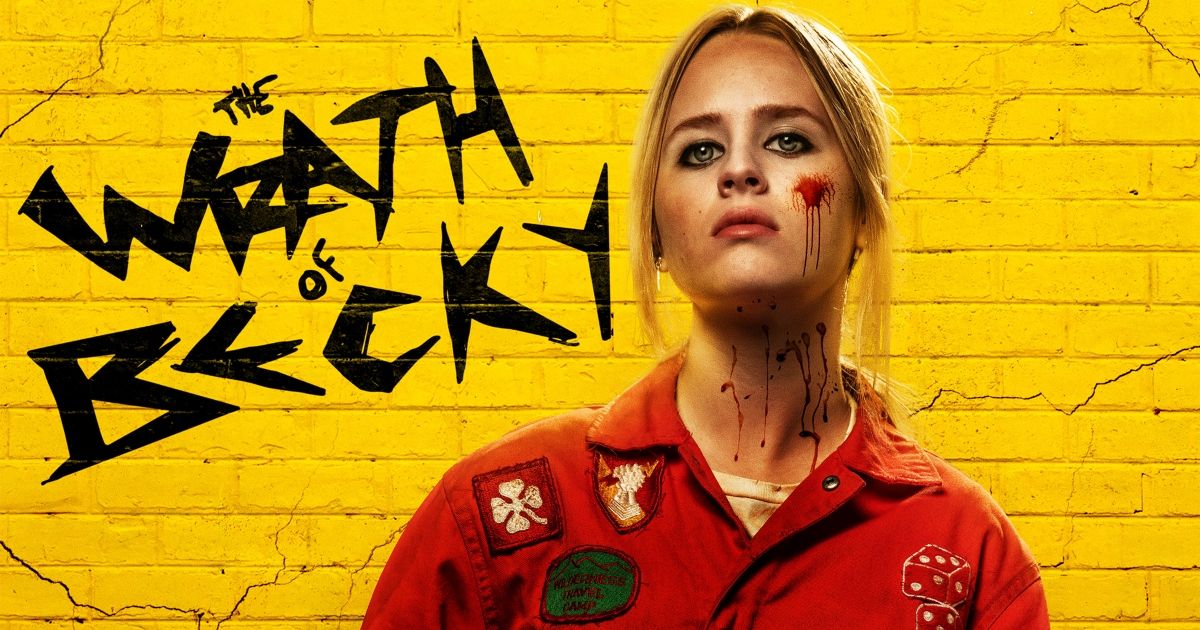Summary
- Joaquin Phoenix defends the historical inaccuracies in Napoleon, stating that interpreting someone’s life in an interesting way is necessary for an engaging film.
- Ridley Scott dismisses French criticisms of Napoleon, stating that the French audience loved the film and suggesting that the French don’t even like themselves.
- Critics have called out Napoleon for its lack of insight into the characters, whitewashing of Napoleon’s racism, and historical inaccuracies, leaving viewers dissatisfied.
Joaquin Phoenix has joined Ridley Scott in defending their new movie Napoleon against numerous criticisms of “historical inaccuracies.” While Scott previously responded to complaints by the French, Phoenix aimed his comments at the fact Napoleon’s story would be boring if it was done without some dramatic interpretation.
Speaking in an interview with Forbes, Phoenix shared his view on why, sometimes, there has to be freedom to interpret someone’s life in a way that makes it interesting to watch. He said:
“So much of his life is up for interpretation. Right from the beginning, I put my own curiosity and interests on it. I mean, they were probably some things that were critical, you can’t really defy the facts, but I remember very early on, I was watching this video of two academics that had written books about Napoleon, it was just them, literally arguing for an hour and a half about facts, about his life, on which they did not agree with each other on. So there are some things where there is a general consensus, where people accept certain facts.
“But when you get into the idea of relationships, you understand ‘Ok he was immature, he did not know how to be with a woman (…) How can you apply that to this particular scene? Sometimes you’re literally like ‘Here’s the point of the scene, here’s the information (we have), and it’s so f—ing boring, who cares?’
“You just have to think ‘This seems like it’s more interesting’, and maybe it’s not, maybe you fail, and sometimes you make the wrong choice, but if you’re just being rigid, and just sticking to facts… sometimes that’s the film you want, some people want to make that, and I personally enjoy watching those films. This was not the film. I’m comfortable in strange sex scenes here, because it feels like, this is the moment to see this side of their personalities, that feels really unexpected.”
Related: 10 Important Facts to Know About Napoleon Before Watching Ridley Scott’s Film
Ridley Scott Fired Back at Napoleon’s European Critics
Universal Pictures
As per the BBC, while Napoleon is garnering mostly positive reviews from critics, there are some outliers in the French media that have been less than kind to Ridley Scott‘s new film. Le Figaro, a French daily newspaper, said that Napoleon could be renamed “Barbie and Ken under the Empire.” GQ France said there is something “deeply clumsy, unnatural and unintentionally funny in seeing French soldiers in 1793 shouting ‘Vive La France’ with American accents.” As for Napoleon biographer, Patrice Gueniffey, he told Le Point magazine that the film is a “very anti-French and very pro-British” take on history.
When asked by the BBC to respond to all the negativity, Napoleon’s director, Ridley Scott, stated flatly:
“The French don’t even like themselves. The audience that I showed it to in Paris, they loved it.”
Recently reviewed by MovieWeb, our own Julian Roman had this to say about Napoleon, which stars Joaquin Phoenix as the French Emperor.
Ridley Scott’s (Alien, Gladiator, The Martian) Napoleon baffles as a strangely plotted historical epic that provides no real insight or context into the central characters. The Oscar-winning star Joaquin Phoenix portrays Napoleon Bonaparte as a petulant narcissist whose thirst for power leads to millions of deaths. His fawning fascination with his first wife, Joséphine (Vanessa Kirby) is never explored beyond simplistic sexual idolatry. Gruesome battle scenes are documented by cinematic bullet points that propel the narrative for years at a time. A mostly British cast anglicizes Gallic culture with an unforgivable whitewashing of Napoleon’s well-documented racism. It’s a myopic approach that gets a few comedic chuckles but leaves the viewer ultimately dissatisfied.
Related: Napoleon: Why a 1977 Ridley Scott Movie Is Essential Viewing Before His Latest War Epic
This Isn’t the First Time Ridley Scott Has Been Blunt About Napoleon’s Criticism
Release Date November 22, 2023
Director Ridley Scott
Cast Joaquin Phoenix, Vanessa Kirby, Ludivine Sagnier, Ben Miles, Tahar Rahim
Rating R
Main Genre Biography
Premiering in Paris on November 14, 2023, Napoleon stars Joaquin Phoenix as Napoleon Bonaparte, detailing his rise to power while also examining the relationship he had with Empress Joséphine de Beauharnais, portrayed in the movie by Vanessa Kirby. While it features epic battle scenes and tremendous performances from its cast, Napoleon is said to suffer from its historical inaccuracies. More notably for the way it portrays the famous Battle of Pyramids, and some have even criticized the appearance of Marie Antoinette in the film.
When asked to respond to historical fact-checkers that have picked apart the accuracy of Napoleon, director Ridley Scott told them to “get a life” in an interview with The New Yorker. Furthermore, in an interview with Total Film, Scott mentioned how he was amused by people picking apart his films when they themselves weren’t there.
“I’ve done a lot of historical films I find I’m reading a report of someone else’s report 100 years after the event. So I wonder, ‘How much do they romance and elaborate? How accurate is it?’ It always amuses me when a critic says to me, ‘This didn’t happen in Jerusalem.’ I say, ‘Were you there? That’s the f***ing answer.'”
You can judge for yourself if the criticism surrounding Napoleon is justified when the film debuts in the United States and the United Kingdom on November 22, 2023. Check out the trailer below.
You can view the original article HERE.






























